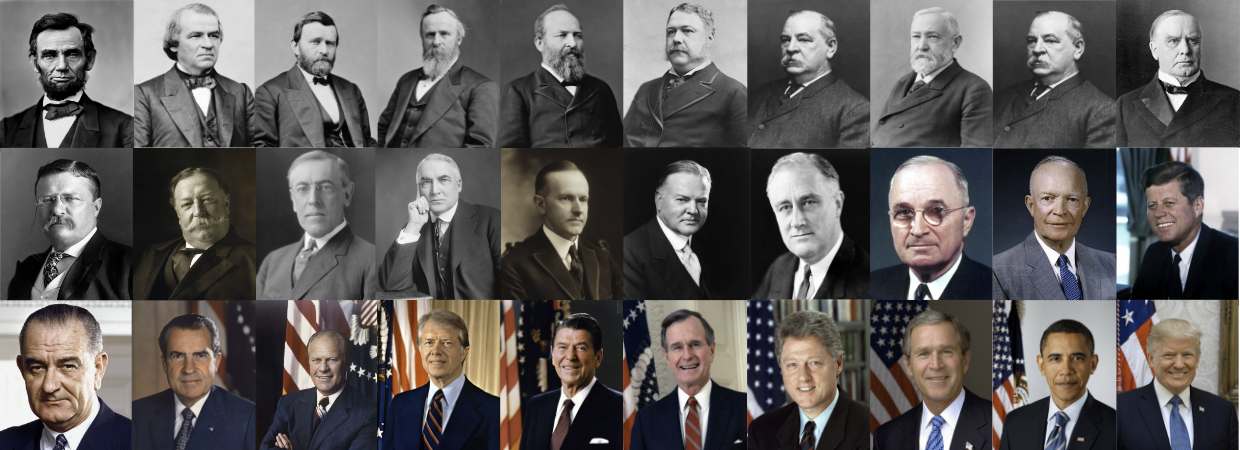
Season Two: Presidential Crises
Welcome to The Past, The Promise, The Presidency, Season Two: Presidential Crises. This season, we are exploring the presidential crises that you already know and those that are rarely talked about, from the Utah War to the government shutdowns of the 1990s. In the process, we will try to figure out:
What makes a presidential crisis?
What is the president’s role in solving the crisis?
What happens when the president makes the crisis worse?
How have presidential crises changed in the last 250 years?
We explore all this and more in The Past, The Promise, The Presidency: Season Two, Presidential Crises.
Episode 34: Season II, Episode V: Teddy Roosevelt & The Great Coal Strike of 1902
Welcome to The Past, The Promise, The Presidency Season II, Episode V: Teddy Roosevelt & The Great Coal Strike of 1902.
In 1902, miners under the leadership of John Mitchell and the United Mine Workers went on strike to protest long hours, low pay, and unsafe working conditions. Mine operators and owners were determined not to concede to the miners' demands or to recognize their right to organize as workers. With winter approaching, millions of Americans faced freezing conditions and would be unable to heat their homes without the anthracite coal that their work provided.
Enter Theodore Roosevelt, the young, active president eager to put an end to the conflict and to make his mark on the presidency. T.R. invited both Mitchell and the mine operators to a private conference in the oval office. The meeting itself was a sign of Mitchell and the mine workers’ legitimacy, and he could afford to be accommodating and pleasant. The coal operators, on the other hand, resented T.R.'s interference, refuse to compromise and swore they'd produce enough coal for the nation's needs that winter without the help of Roosevelt or the unionizing coal workers.
When the operators failed to follow through on that promise, and with Americans increasingly cold and anxious as a consequence, T.R. sprung into action once more. He proposed an independent commission to resolve the dispute and turned to his sometimes friend, sometimes foe, banker JP Morgan, to pressure the mine operators into agreeing to the commission.
What did the commission decide and did both sides agree to the terms?
What can the Great Coal Strike of 1902 teach us about the power of the president to intervene in disputes between unions and big business?
First we chatted with Susan Berfield, an award winning writer and reporter for Bloomberg. She's also the author of The Hour of Fate: Theodore Roosevelt, J.P. Morgan, and the Battle to Transform American Capitalism. We then spoke with Michael Cullinane, a professor at the University of Roehampton and the author of Theodore Roosevelt's Ghost: The History and Memory of an American Icon.

